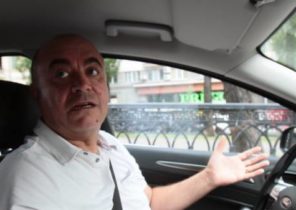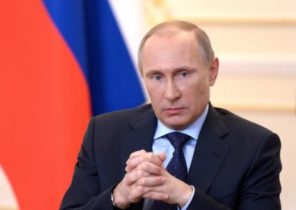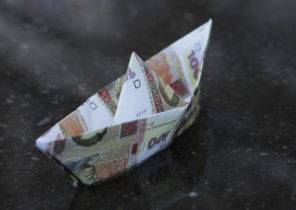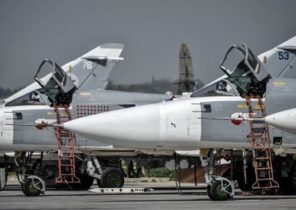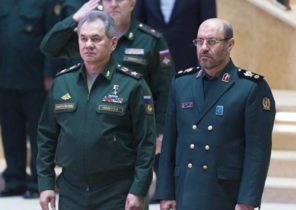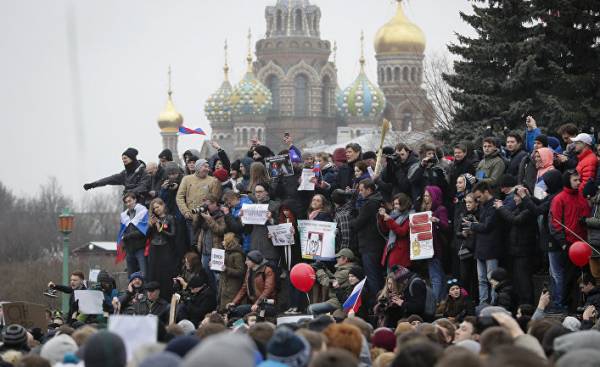
On March 26 Russia thought that, it would seem, quite forgotten. Tens of thousands of people took to the streets in about 100 cities from the Far East to the North Caucasus. Thousands were arrested, some of them are still under arrest. Impulse was the corruption investigation of Alexei Navalny on the “underground Empire”, Prime Minister Dmitry Medvedev. A video outlining the results of the investigation have generated millions of views on YouTube. However, representatives of the Kremlin, the government and the State Duma refused to discuss the video itself and the problem of corruption as such. Then Navalny and his supporters organized rallies and demonstrations in dozens of Russian cities.
Local authorities banned all protests in all cities under different — sometimes completely illegal pretenses. It should be noted that Russian law literally prohibits any freedom of Assembly. But even this law was violated by the authorities. Many of the organizers of the rally came under pressure from the police. For example, the organizer in Khabarovsk was fined before the event for possible violations, which could only occur in its course. In Bryansk the police took the student for a “conversation” from the lessons, because he disseminated information about the investigation of the Bulk on social networks. Then the teacher read his classmates a lecture on “stability” and “threats to the revolution”. This news, coming from different regions, radicalsare future participants and increased their numbers.
The rallies became a major protest event in Russia since 2012. Observers noted a large number of youth out on the street. In General, there is reason for optimistic conclusions, but the incident should not be overemphasized.
First, the Kremlin has already shown that it knows how to deal with street protests. The combination of limited repression and unlimited propaganda is still effective. And after the terrorist attack in St. Petersburg, the government may again call for “national unity”.
Second, the wave of mobilization a short time. If the protests on 26 March will be followed by new rallies, they will be less and will not be able to catch the initial pulse. This is confirmed by unsuccessful attempts to hold rallies in several cities on April 2. The opposition cannot organize constant pressure on the regime. Political mobilization is still a dotted line.
Other protest initiatives are unsuccessful. Truck drivers are trying to organize a nationwide strike against the new tax, which was introduced in 2015 and has already caused large protests. Although the strike support in many regions, the number of participants is insufficient for a positive outcome.
The possible closure of the European University in St. Petersburg still has not led to any major protests. A leading Russian research center in the field of political science and sociology is under threat of destruction for political and economic reasons. The political reasons are that the University is too independent and critical of the ruling regime. Economic — that the building of the University you want to assign to themselves certain commercial structures. The opinion, which is currently popular in social networks, these structures are close to Medvedev. According to the investigation, Navalny, Medvedev owns a house near the University. The fate of the University license is now pending before the court. But since the existence of independent courts in Russia is not proven, the hope for a positive legal solution to the problem looks at least strange. Moreover, this hope is a serious impediment protest mobilization.
In conclusion, it should be noted that the regime did not seem very afraid of protests. The Kremlin has endured numerous rallies in 2011-2012, analyzed the events in Ukraine and has developed effective mechanisms for the successful preservation of the status quo. On the other hand, the opposition is not able to support a long political mobilization. Many of the protesters still want to avoid radicalization. However, recent events show that political, social and economic life of Russia exist irreconcilable differences.
